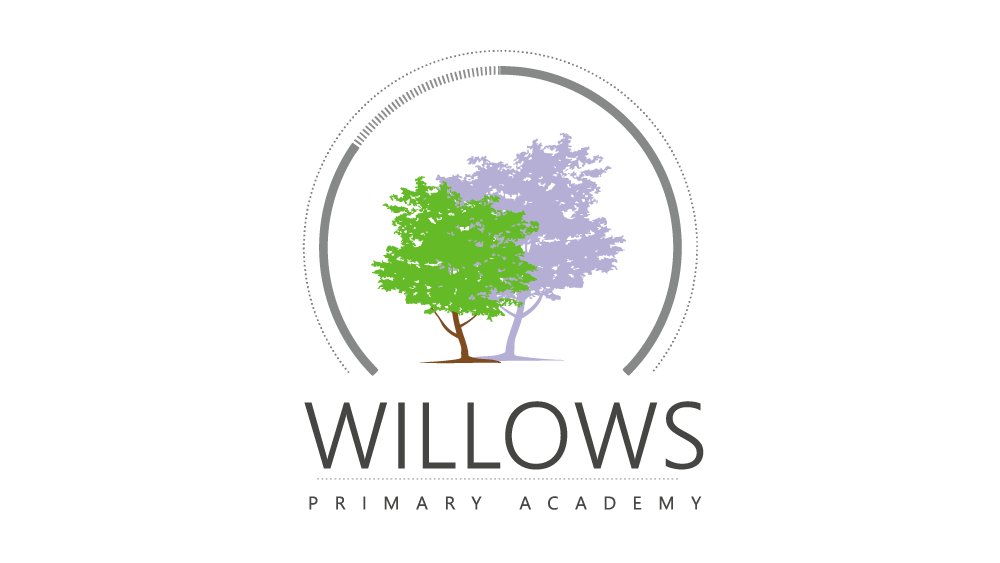Maths | How we do it
Maths No Problem is the resource which we use to deliver the Mastery approach to Maths. This scheme provides a coherent, progressive detailed curriculum year on year. It focusses on a sequence of core facts, concepts, methods and strategies that provide pupils with opportunities to develop proficiency in Maths. Furthermore, the procedure of lessons is consistent, providing pupils with a familiar structure which allows them to focus on the ‘new learning’ within each lesson. We work resolutely to ensure all lessons are: purposeful, progressive, accessible, challenging and achievable. We want pupils at Willows to embrace new learning with a positive, resilient attitude, therefore we recognise the importance of ensuring that children see the relevance of Maths lessons; that they are provided with lots of opportunities to acquire and practice essential facts (number bonds, times tables etc.) and that they are shown how to use those facts, appropriate resources and strategies to solve problems. Fluency lessons are additional explicit lessons that are taught to lessen cognitive overload and ensure retrieval opportunities. Reception, Year 1 and 2 are part of a National ‘Mastering Number’ programme intended to deliver this core aim.
Collaboration and discussion are key features of all lessons, children work together, in mixed ability groups, to understand and solve questions. Key vocabulary and the use of full sentences are modelled and insisted upon, with the whole class often echoing key learning points. Developing this skill to articulate thoughts in full sentences is a life skill that goes beyond Maths and beyond the classroom, but it is at the heart of Willows. As a result children at Willows are all expected to contribute to lessons, verbally and practically, active learning is valued as a key journey in unpicking and owning their learning.
Questions are an essential element of all lessons, they are used to engage, mitigate against misconceptions and challenge knowledge. “What’s the same?” “What’s different?” “Always, sometimes or never?” are typical examples of the types of questions used to support children to reason thoughtfully and make conjectures about Maths. At Willows we don’t accelerate but strive to deepen children’s understanding by using variation as a key focus. We aim to establish the standard (typical), non-standard (not typical) and non-concept features of an aspect of learning e.g.
We use this variation to strengthen core learning. At Willows we want children to have the skills to see that although Maths’ problems might look different or be in a different context; they are the same and pupils have the methods and knowledge to solve them. Willows’ mathematicians appreciate that mistakes are valued as an important strategy for peeling away confusion, so that what we are left with is Mastery.
As well as classrooms being ‘purposefully’ noisy, children are also expected to use the appropriate resources on table tops to prove their mathematical thinking. Place value counters, dienes, numicon, place value and calculation charts are some of the many concrete resources teachers model with and pupils manipulate to further enhance knowledge and understanding. We want children to move freely between resources, images and written Maths to see that they are all the same thing, just represented in different ways e.g.
Curriculum Progression
Personal Development
Our Personal Development curriculum has been designed with the children at the very heart of it. It is intrinsic across our curriculum focussing on the importance of developing the ‘whole child’ so they have a clear sense of identity and individuality, that enables them to become responsible, respectful, active citizens who make a valuable and positive contribution to our society.
Our Maths curriculum develops our children’s confidence, self-esteem and problem solving skills through our progressive curriculum. Through our mastery approach to the curriculum, practical lessons allow children to explore, discuss and develop a depth of understanding and challenge their conceptual understanding before becoming independent learners. To promote our Cultural Capital children are given opportunities to plan, budget, resources and sell as part our yearly enterprise project. A robust vocabulary progression across the subject, improves their ability to articulate, problem solve and give reasoning to answers as well as develop their communication skills beyond the curriculum.


